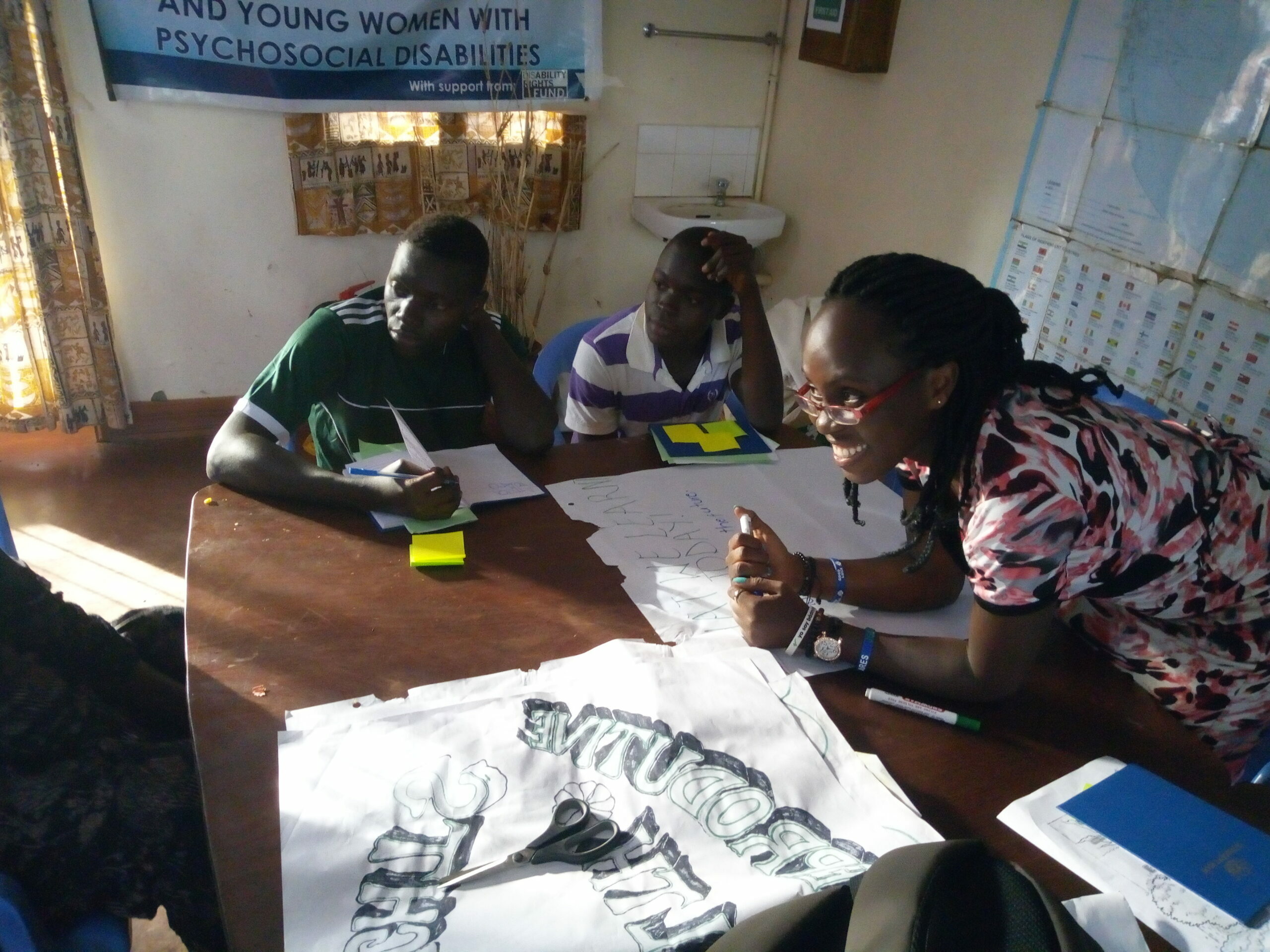
News
Speaking Up About Mental Health
Play audio version
Meet DJP Fellow Esther Suubi
June 27, 2021
Esther Suubi is an educator and advocate for those with psychosocial disabilities, especially in her home country of Uganda. Born in a small town near Kampala, she found herself battling depression in her adolescence in a country where those with psychosocial disabilities are often considered incapable and unable to amount to anything in society. Undeterred by Uganda’s views, Suubi’s family provided her with all the care they could, which led her to Triumph Uganda Mental Health Support and Recovery Program (TRIUMPH) in Jinja. TRIUMPH’s mission is to “contribute to the process of enhancing recovery, building resilience and investing in social networks for inclusion of persons with psychosocial disabilities.” At TRIUMPH, Suubi was welcomed with open arms, receiving the support she needed.
Now, as a graduate of Uganda Christian University Mukono with a Bachelor of Arts in mass communication, she has continued pushing to destigmatize psychosocial disabilities with her work at TRIUMPH, where she serves as a self-advocate in peer education and communications, focusing on young women and adolescent girls. When Suubi is not leading sessions and training others, she is writing and proposing policies about mental health and sexual reproductive rights to key stakeholders in Uganda. Most recently, last November she presented a policy paper on access to sexual and reproductive health rights and services for adolescent girls and young women with psychosocial disabilities.
I decided to stand up and fight for my fellow girls and young women by speaking up so that we are heard.
Esther Suubi
With a strong interest in journalism, digital media, and social change, Suubi eagerly applied to participate in the Disability Justice Project’s fellowship program to gain one-on-one mentorship focused on enhancing her storytelling skills to benefit her work at TRIUMPH and beyond. Her goal is to build a personal social media following and campaign to raise awareness of the mental health disparities in Uganda and around the world. “I decided to stand up and fight for my fellow girls and young women by speaking up so that we are heard,” she says. “Many girls and young women are out there suffering and can’t speak up, but it won’t keep me silent.” Suubi continues, “As a mental health advocate…I want to see how I can use my social media handles…to be a representative out there.” The fellowship program will give her access to resources and mentorship that she has not had before, and Suubi is hoping she will be able to utilize social media and documentary-style videos to get her message out.
Suubi has deep love and passion for the work she is doing and will take on with the fellowship. With her expanded social media presence and the knowledge she gains from the Disability Justice Project, she is hoping to one day be the founder and director of her own organization, where she can connect with companies and other organizations about psychosocial disabilities and reiterate to them what she already knows to be true: persons with disabilities are able to do the work and enact change when given the chance.
News From the Global Frontlines of Disability Justice

Rwanda’s Marburg Crisis
As Rwanda confronts its first-ever Marburg virus outbreak, people with disabilities face heightened risks — not only from the virus but also from the lack of accessible health information. “Without proper accommodations, such as sign language interpreters, captions, Braille, or visual aids, the Deaf and DeafBlind community may miss crucial information about how to protect themselves, symptoms to watch for, or where to seek help in case of infection,” says Joseph Musabyimana, executive director of the Rwanda Organization of Persons with Deaf Blindness.
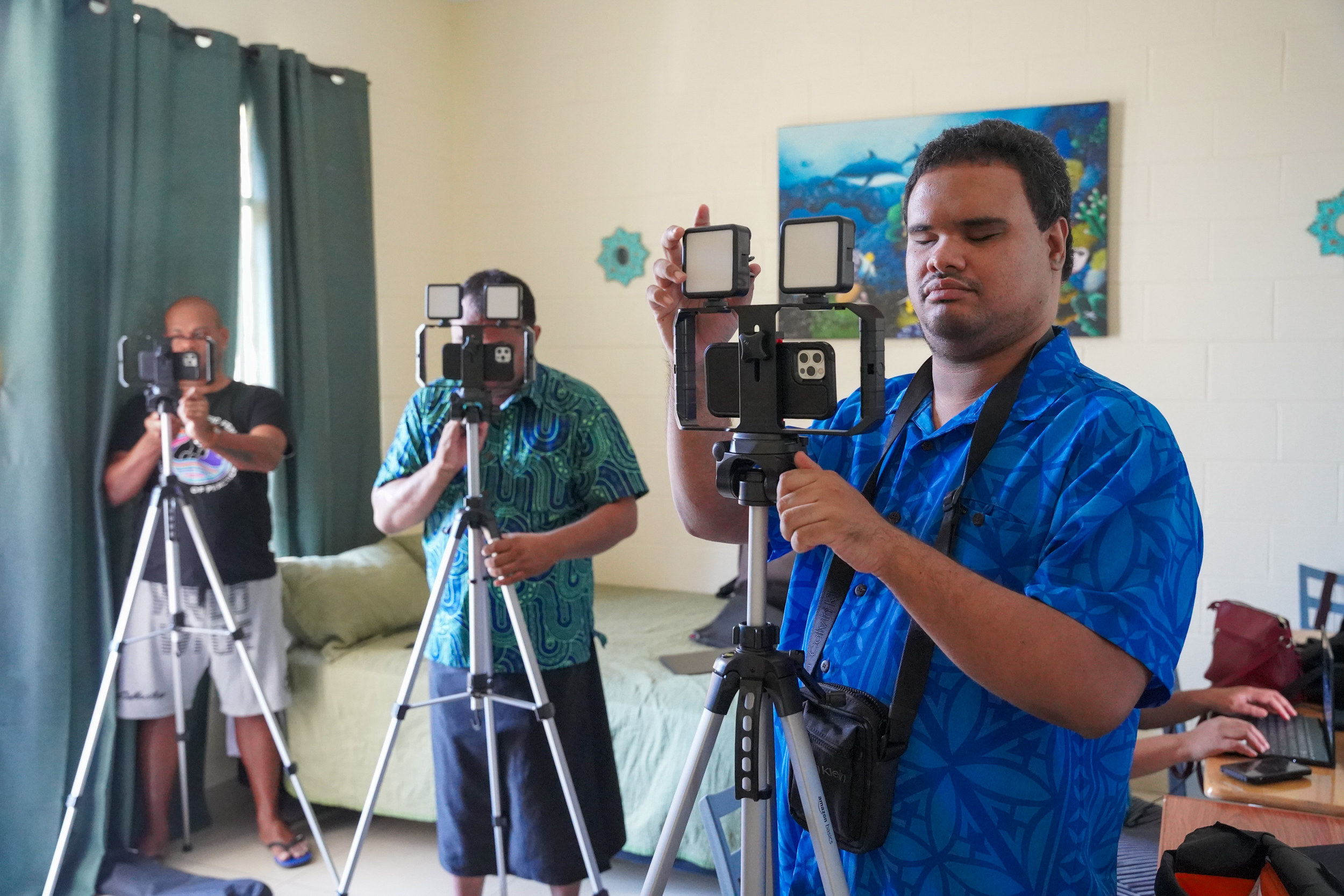
Capturing Vision Through Sound and Touch
Last summer, the DJP trained Indigenous activists with disabilities from the Pacific on the iPhone camera to create a documentary series on disability and climate change. With VoiceOver, the iPhone provides image descriptions for blind and low-vision filmmakers and offers other accessible features. “If you think about it, it doesn’t make sense for a blind person to use a camera,” says DJP filmmaker Ari Hazelman. “The iPhone gives you more avenues to tell your story in a more profound way as a blind person.”
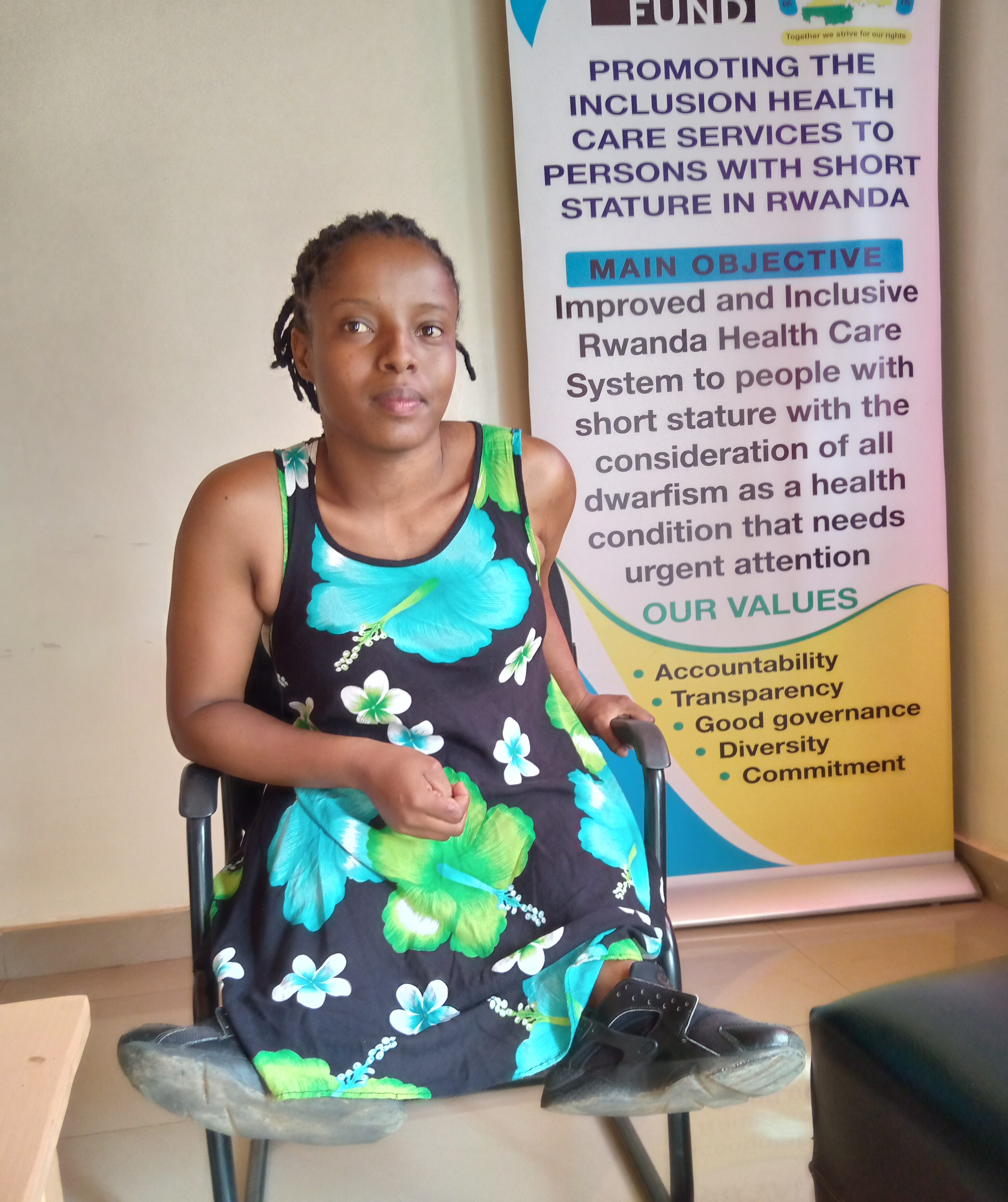
Work for All
The We Can Work program equips young Rwandans with disabilities to navigate barriers to employment through education, vocational training, and soft skills development. By fostering inclusive workplaces and advocating for policy changes, the program aims to reduce poverty and promote economic independence. Participants like Alliance Ukwishaka are optimistic that the program will enable them to achieve their dreams and showcase their potential. The initiative is part of a larger effort to support 30 million disabled youth across seven African countries.
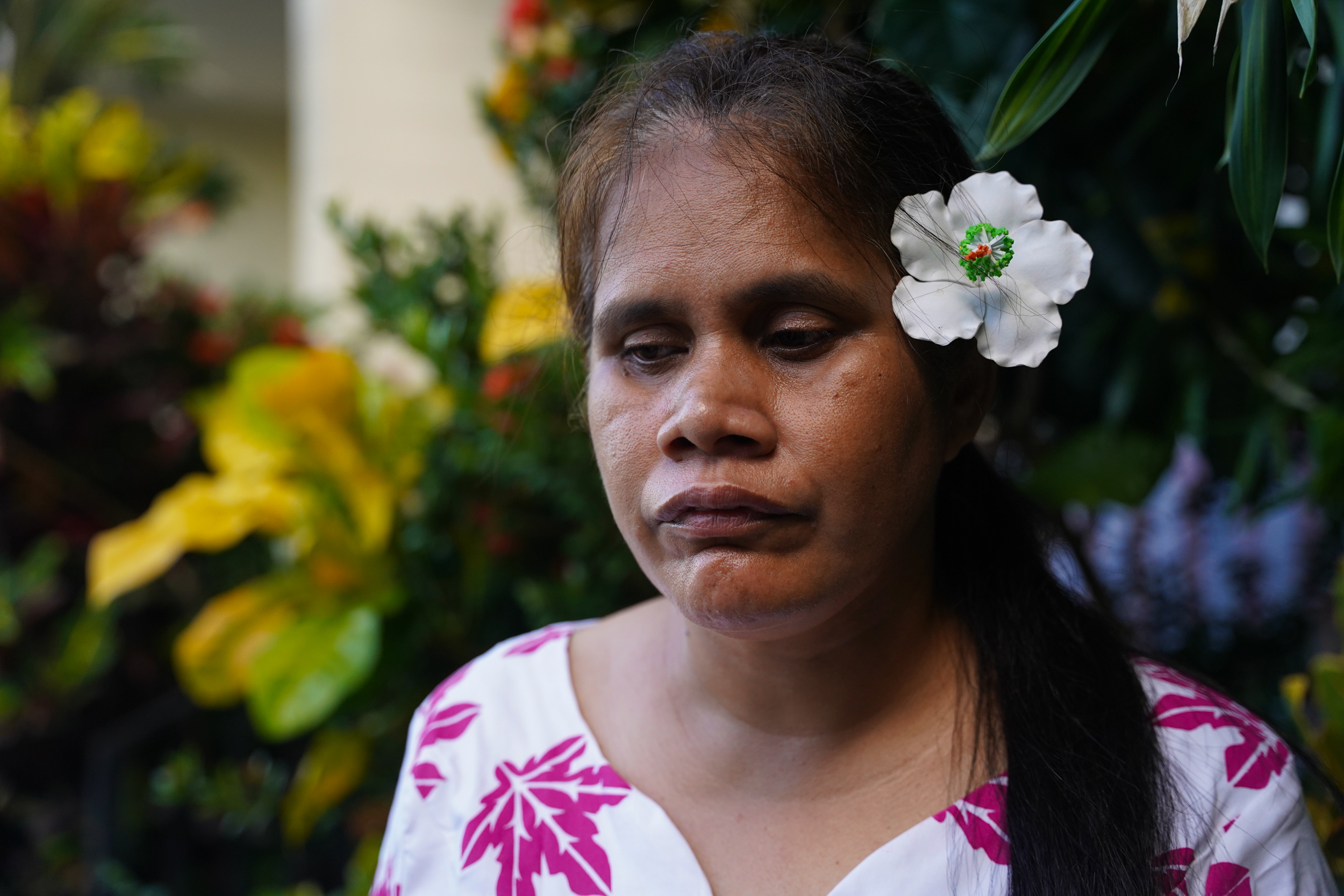
Global Recognition
Faaolo Utumapu-Utailesolo’s film “Dramatic Waves of Change” has been named a finalist in the Focus on Ability International Short Film Festival. The film, completed during a Disability Justice Project workshop in Samoa, highlights the impact of climate change on people with disabilities in Kiribati. Utumapu-Utailesolo, who is blind, used an iPhone with accessibility features to create the film. “Do not leave people with disabilities behind when [you] plan, implement, and monitor programs regarding climate change and disaster,” she says. Her achievement is a testament to the power of inclusive filmmaking.
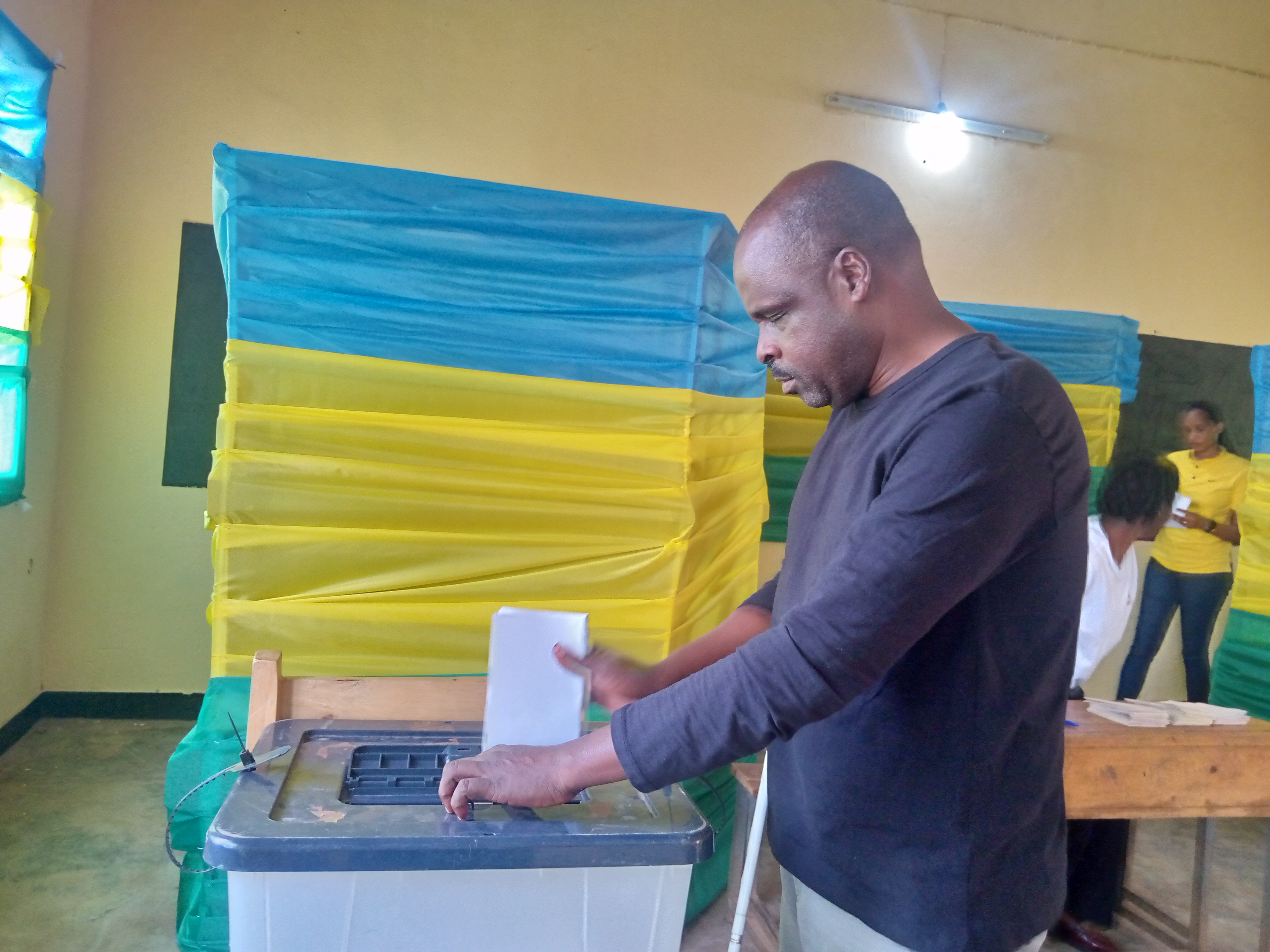
Advancing Democracy
Rwanda has made significant progress in making its elections more accessible, highlighted by the July 15 general elections where notable accommodations were provided. This was a major step forward in disabled Rwandans’ quest for equal rights and participation. “You cannot imagine how happy I am, for I have voted by myself and privately as others do accessibly,” says Jean Marie Vianney Mukeshimana, who used a Braille voting slate for the first time. “Voting is a deeply emotional and meaningful experience for a person with any disability in Rwanda, reflecting a blend of pride, empowerment, and hope.”
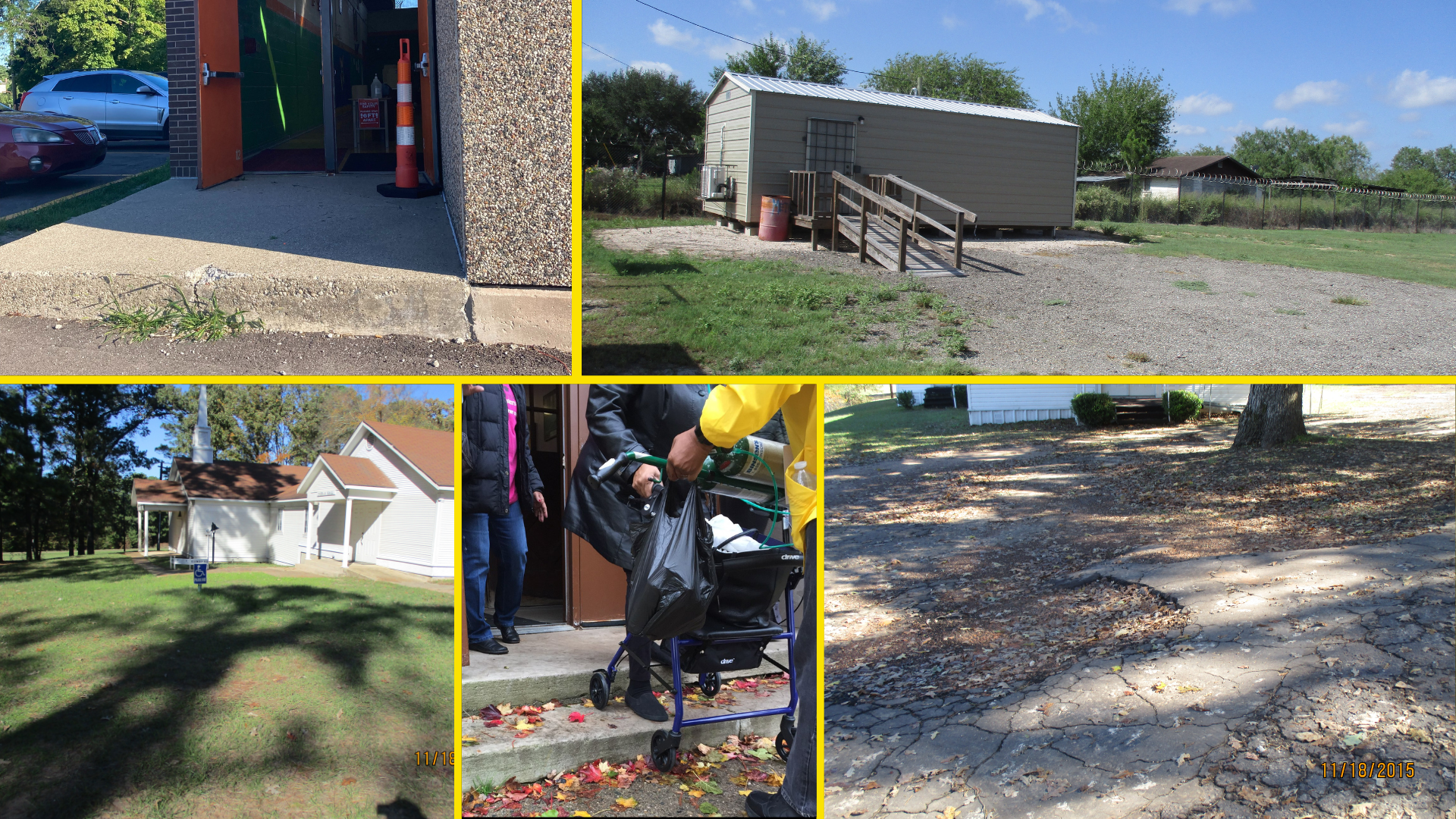
Barriers to the Ballot
Despite legislation like the Americans with Disabilities Act, barriers at the polls still hinder — and often prevent — people with disabilities from voting. New restrictive laws in some states, such as criminalizing assistance with voting, exacerbate these issues. Advocacy groups continue to fight for improved accessibility and increased voter turnout among disabled individuals, emphasizing the need for multiple voting options to accommodate diverse needs. ““Of course, we want to vote,” says Claire Stanley with the American Council of the Blind, “but if you can’t, you can’t.”